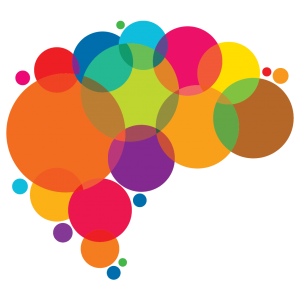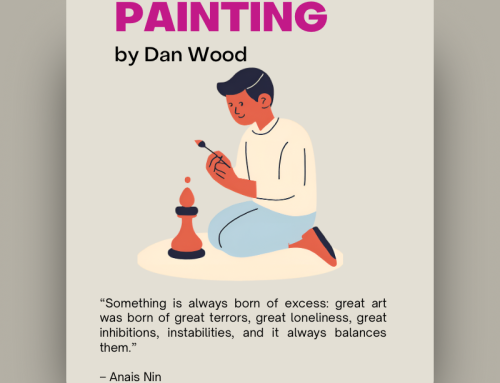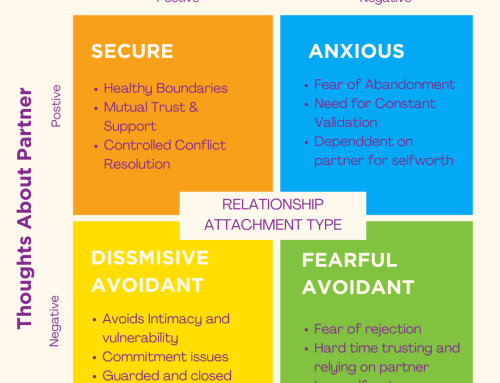The social dilemma: social media as an accelerator for addiction

Yet again, Netflix has got us gripped as some of us watch The Social Dilemma in a bid to fend off boredom on an evening. But unlike other movies and series, The Social Dilemma has hit a nerve for many — making us check our screen time on our phones and consider our relationship with social media.
It has certainly got us thinking at The AoC Trust — let’s face it, we all hold on to our phone as the three little dots appear, telling us someone is replying. What did we do before? Did we wait for a reply, or did we put our phone down and get on with our lives?
Social media and addiction
At The AoC Trust, we help people struggling with their mental health, and addiction has far-reaching negative impacts associated with our well-being.
The fact that our devices, such as smartphones, are addictive may not be as apparent as alcohol or drug addiction, but they are associated with a similar ‘high’ or dopamine surge.
What is dopamine?
According to Harvard University, “Dopamine is a chemical produced by our brains that plays a starring role in motivating behaviour. It gets released when we take a bite of delicious food, when we have sex, after we exercise, and, importantly, when we have successful social interactions. In an evolutionary context, it rewards us for beneficial behaviours and motivates us to repeat them.”
Why is social media addictive?
If we feel good (in a chemical sense), every time we get a reward, such as a positive reaction on social media, we seek to repeat it. Our brain says, “Hey, that feels good — do it again.”
Unfortunately, we also seek acceptance, to be liked, and to interact with others — so we want to know whether someone ‘likes’ what we post — so we ‘do it again’ until hours have passed.
It’s helpful to consider that when we buy a new item of clothing, we wouldn’t stand on the street canvassing the opinions of hundreds of people as to whether it’s a good choice. Social media exposes us to more opinions than daily life and face-to-face conversations would.
Does social media accelerate addiction?
The challenge with software that uses advertising to generate income is that the business receiving money always wants to please their customers by helping them get more interaction, so they keep spending money on more advertising.
So, these companies use growth and engagement specialists to keep you interested.
Sounds innocent, but if you were about to put your phone down, and you then get a notification that draws your attention — you don’t put your phone down. Likewise, if your notifications preview on your phone, you might be tempted to pick it up.
Without temptation, would you be as likely to spend three hours a day on your phone? Is three hours good or bad?
There isn’t a benchmark for ‘good’ or ‘bad’, and you’re your own person, so you get to decide what is right for you. ‘Bad’, though, might be if you feel irritable after you have been on your phone for a long time or didn’t like what you read, if you haven’t done things you would have done, or if you missed other meaningful face-to-face conversations with your family.
How can you get control of your social media addiction?
- Set up screen time to monitor your phone usage. Try and set a goal to reduce the time. Share this goal with your friends and family, so you are more likely to achieve it.
- Use the ‘downtime’ feature if you have one, limiting notifications between certain hours, such as nighttime.
- Turn off notifications and previews on a locked screen, as this tempts you to look when the light comes on your screen.
- View social media on a laptop or tablet device, where you have to log in to access them.
- Spot when you feel irritable and when it’s time to put your phone away.
- Try to invent your own rules, such as ‘no phone at the dinner table’ or phone-free time.
Remember that progress is progress, and at The AoC Trust, we celebrate anyone who takes a step towards better mental health. We’re also here if you need to talk — just text ‘support’ to 60075.
The AoC Trust has six new places for people concerned about addiction, which will be allocated on a first-come, first-served basis by calling 01384 211168 or emailing support@theaoc.org.uk. You can find the details here:
The addiction programme will commence on Monday 2nd August 2021 between 1 – 3 pm & 4 – 6 pm at the AOC offices in Dudley. There will be a maximum of six people per session.
| Group | Session number | Date of Sessions |
| Addiction
1pm – 3pm & 4pm – 6pm |
1 & 2 | 02/08/21 |
| 3 & 4 | 09/08/21 | |
| 5 & 6 | 16/08/21 |
Text ‘support’ for free to 60075 | 01384 211168|support@theaoc.org.uk





